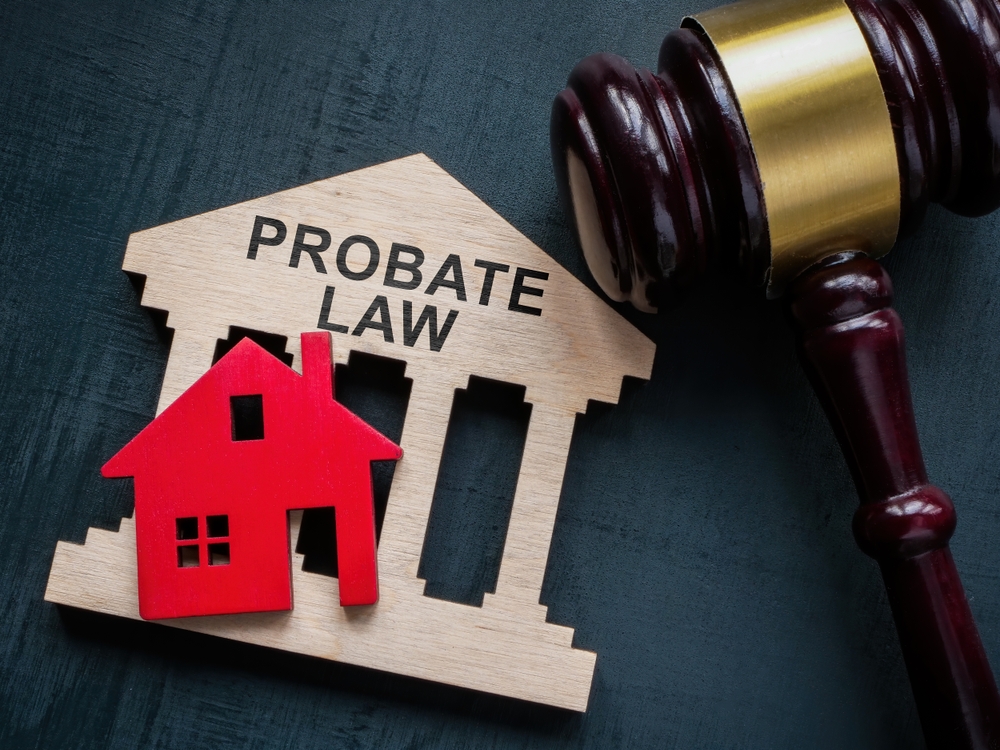Navigating the legal intricacies of probate law can feel overwhelming, especially during periods of emotional distress. Whether you’re a beneficiary, family member, or estate executor, understanding probate law is essential to ensure the wishes of the deceased are honored and assets are distributed properly.
This guide will demystify probate, explaining what it is, who is involved, and how the process works. We’ll also cover common challenges, provide practical solutions, and address some of the most frequently asked questions.
By the end of this post, you’ll feel confident about your role in the probate process and know where to turn if you need help.
Probate Law Explained: What Is Probate and Why Does It Matter?
What is probate?
Probate is the legal process of administering the estate of a deceased person. It involves validating their will (if one exists), identifying and distributing assets, settling debts, and ensuring the fair allocation of the estate among beneficiaries.
While the primary goal of probate is to provide structure and transparency, it’s also crucial for resolving disputes, preventing fraud, and adhering to the deceased person’s wishes.
Why is probate law important?
Probate law ensures that the process adheres to local and federal regulations. It provides guidance in cases where legal complexities arise—such as disputes over assets, lack of a will, or high-value estates.
For example, at Washington Law Partners, our experienced attorneys streamline the process for families and executors in Washington, D.C., ensuring a smooth and efficient resolution.
The Probate Process Step-by-Step
Here’s a clear breakdown of the probate process to help you understand how it works from start to finish.
Filing the Will or Starting Probate
The executor files the will (if available) with the probate court, initiating the process. If there’s no will, the court appoints an administrator.
Inventory Assets
The executor must inventory the deceased person’s assets, including bank accounts, real estate, investments, and personal property. This inventory is submitted to the court.
Pay Debts and Taxes
Before distributing assets, the estate must fulfill its financial obligations. This includes paying off any debts, such as loans or credit card balances, and settling taxes owed to the IRS or local authorities.
Resolving Disputes
If disputes arise—such as disagreements among beneficiaries or questions about the validity of the will—they are resolved during this stage, often with the court’s intervention.
Distribute Assets
Once debts and disputes are settled, the remaining assets are distributed to beneficiaries as outlined in the will or determined by applicable intestacy laws.
Close the Estate
The final step involves filing a report with the court, detailing how assets have been managed and distributed. Upon approval, the court formally closes the estate.
Common Challenges in Probate and How to Overcome Them
Even with a clear process, probate may involve complications. Understanding these common challenges can help you prepare and address them effectively.
No Will
When a person dies without a will (intestate), assets are distributed according to the state’s intestacy laws. This can lead to confusion and disputes among heirs.
Solution: Engage a probate attorney to ensure the legal process is followed and help minimize conflict.
Disputes Among Beneficiaries
Family disagreements over asset distribution are a common challenge during probate.
Solution: Mediation by a legal professional can help resolve disputes amicably.
Debt Exceeds Assets
If the deceased left significant debt, the estate may not have enough assets to cover it.
Solution: The court prioritizes creditors, beginning with administrative costs and ending with unsecured debts. A probate lawyer can help ensure debts are addressed correctly.
Complex or High-Value Assets
Estates with business holdings, high-value properties, or international assets require specialized expertise.
Solution: Hire an experienced attorney, such as those at Washington Law Partners, to handle the complexities of asset valuation and distribution.
FAQs About Probate Law
How Long Does the Probate Process Take?
The duration varies based on the complexity of the estate. Simple cases may take 6 to 9 months, while larger or disputed estates may take years to resolve.
Can Probate Be Avoided?
Yes, probate can be bypassed with proper estate planning. Tools like living trusts, joint ownership, and beneficiary designations can help transfer assets without involving the probate court.
What Happens if There’s No Will?
When no will exists, the court follows intestacy laws to determine asset distribution. Typically, the deceased’s spouse, children, or closest relatives inherit the estate.
How Much Does Probate Cost?
Probate costs vary by state and estate size. Costs may include attorney fees, court fees, and appraisal expenses. On average, these costs range between 4% and 7% of the estate’s total value.
Do I Need a Probate Attorney?
While not mandatory, working with a probate attorney is highly recommended. An attorney ensures compliance with legal requirements, minimizes delays, and helps resolve disputes efficiently.
Take Control of the Probate Process
Dealing with probate can be stressful, but with the right guidance and resources, it doesn’t have to be an uphill battle. Whether you’re an executor, beneficiary, or family member, understanding the process is the first step to navigating it with confidence.
If you’re in Washington, D.C., and need expert support, the experienced attorneys at Washington Law Partners are here to help. With decades of experience and a client-focused approach, we’ll guide you through every step of the probate process.
Contact us today at 202-670-3958 to schedule a consultation and ensure your loved one’s estate is handled with care and integrity.

